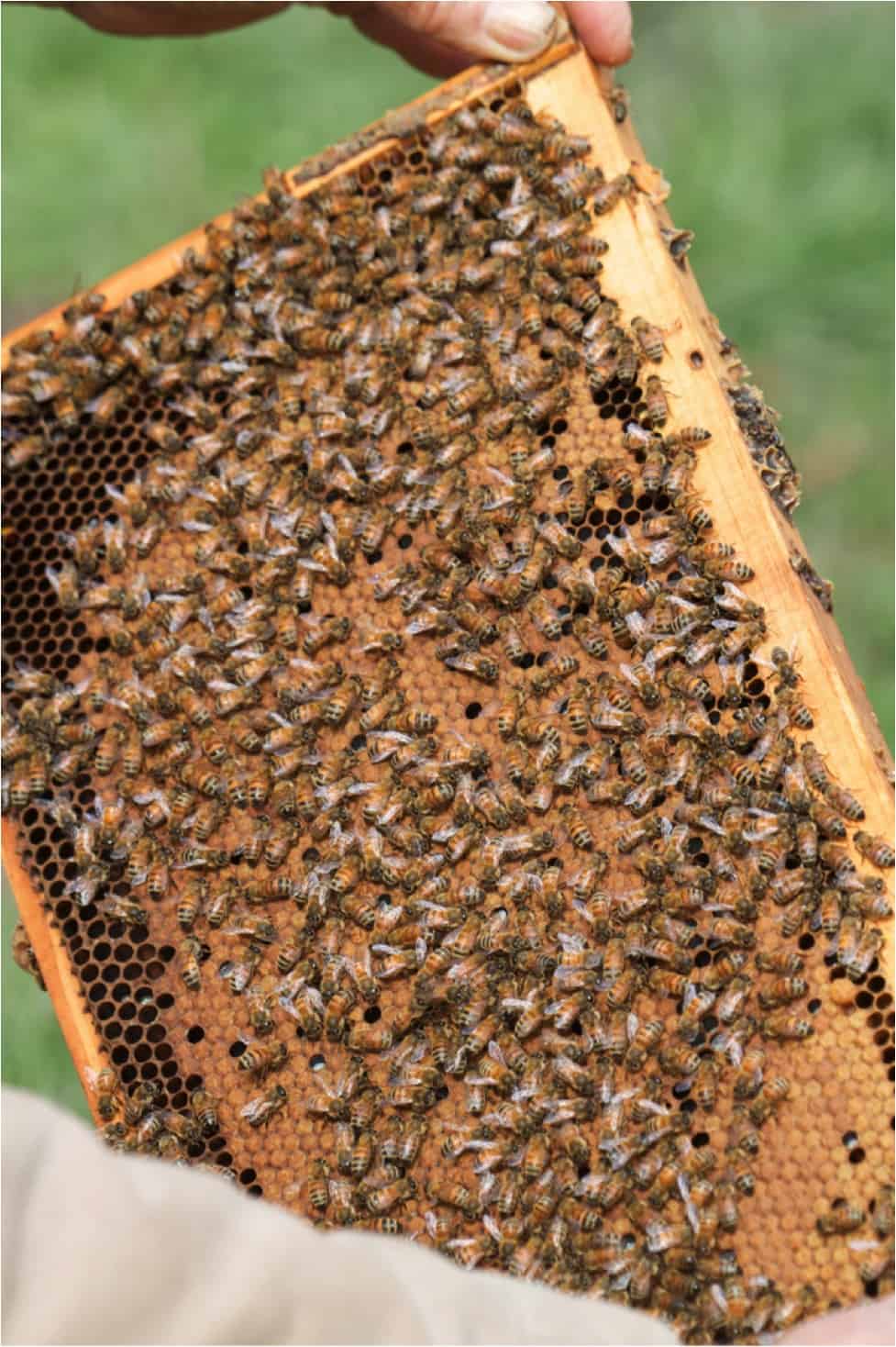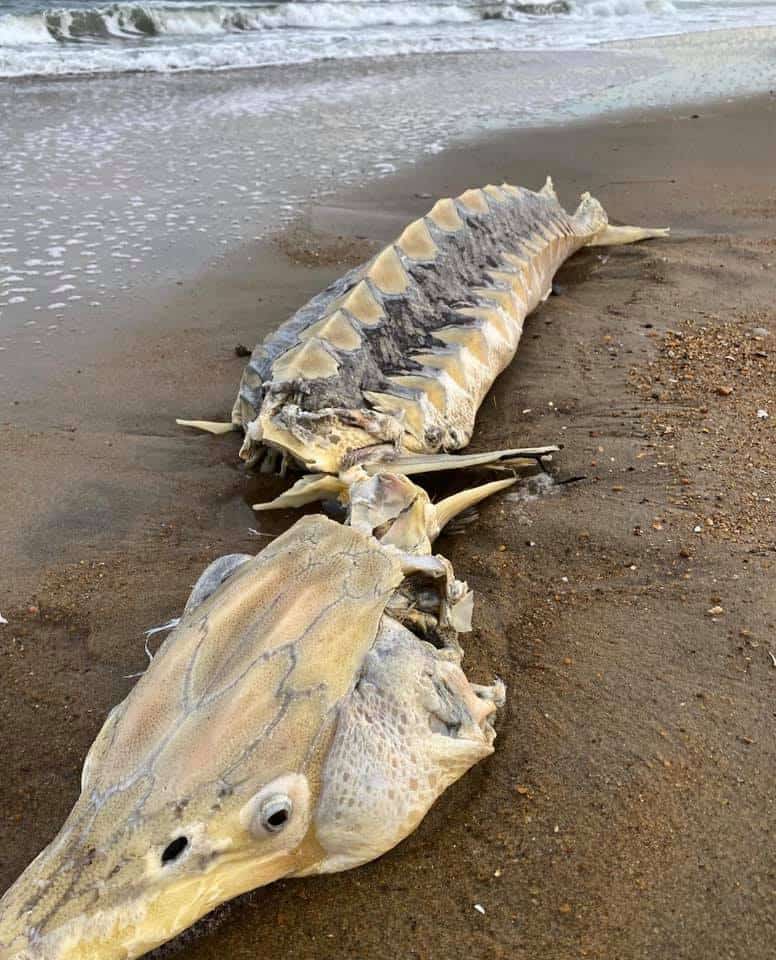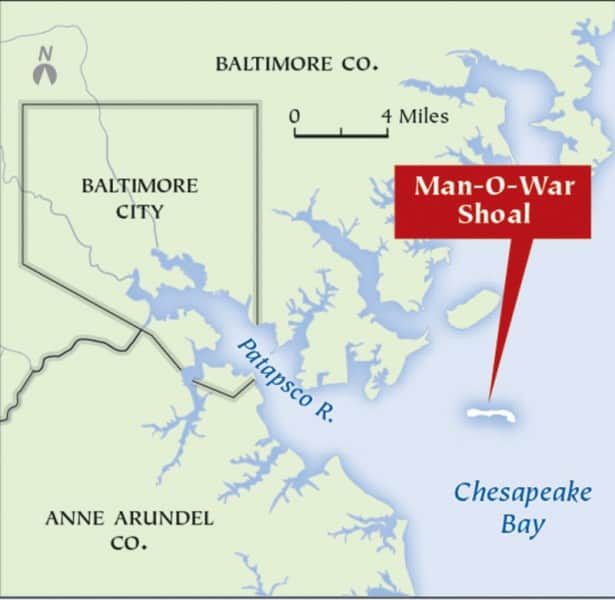Nearly two-thirds of Virgina’s honeybee colonies were wiped out over the winter of 2017-2018, far more than expected. And that’s concerning to some environmentalists who say the ecosystem relies on a healthy bee population.
The Virginia Department of Agriculture and Consumer Services (VDACS) says this past winter, bees died at the highest rate since the state started monitoring winter losses in 2000.
“The winter losses were 59.5 percent,” said Keith Tignor, State Apiarist. That’s compared to just a 30 percent loss in an average year.
VDACS staff found high levels of Varroa mites and nosema infections in wintering bees. Both of these maladies shorten the lifespan of worker bees, increasing mortality rates in winter months.
Bee deaths were also higher in the United States as a whole. Nationwide, 30.7 percent of managed colonies were lost during the winter. That’s up 9.5 percent from the previous winter.
VDACS says no one cause is to blame for the bee deaths. ” It is a combination of environmental conditions, loss of habitat, pests and diseases such as Varroa mites, small hive beetles and nosema, pesticides around beehives and other factors affecting the sustainability of honeybees and other insect pollinators.”
The health of bee populations is important to the Bay region because they are the most efficient pollinators of flowers, helping sustain agriculture and natural habitats like wetlands.
VDACS encourages people to become new beekeepers, and current beekeepers to expand their hives, to help combat the problem. Even if beekeeping isn’t for you, you can plant a “pollinator garden” or window box, with bee-friendly plants.
But not everybody encourages the growth of honey bee colonies. Some scientists feel that honey bees threaten the population of native bees, found in the wind, because of food competition and the risk of spreading disease.
Click here to see an interactive map of all winter bee losses by state.
-Meg Walburn Viviano




